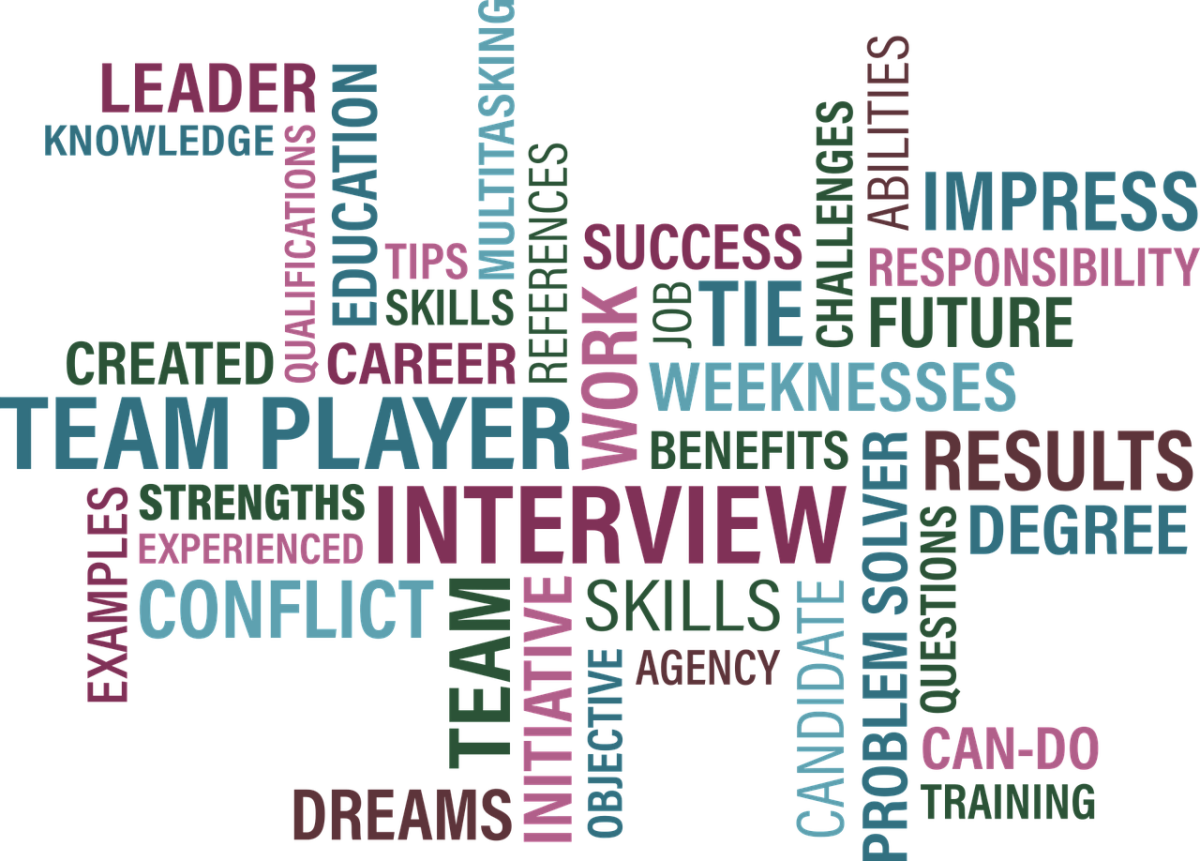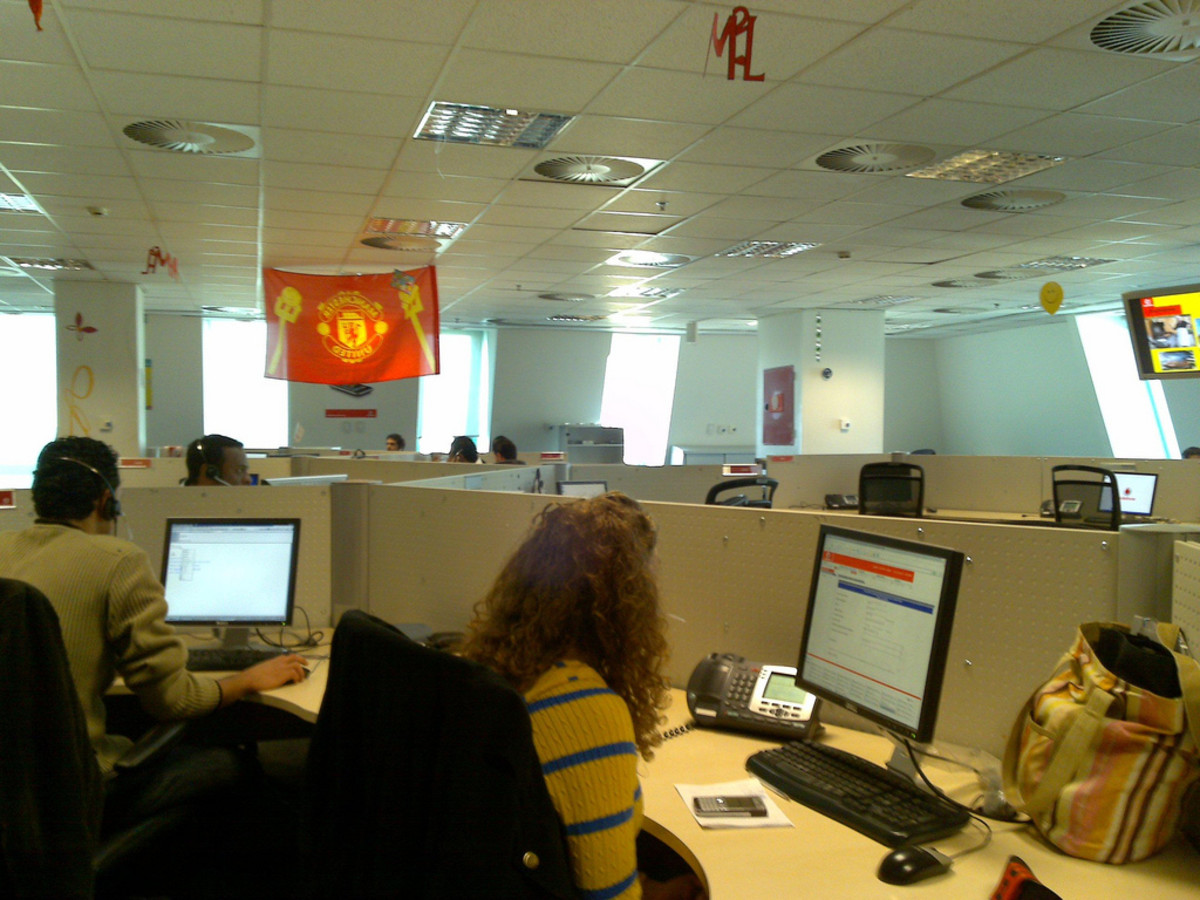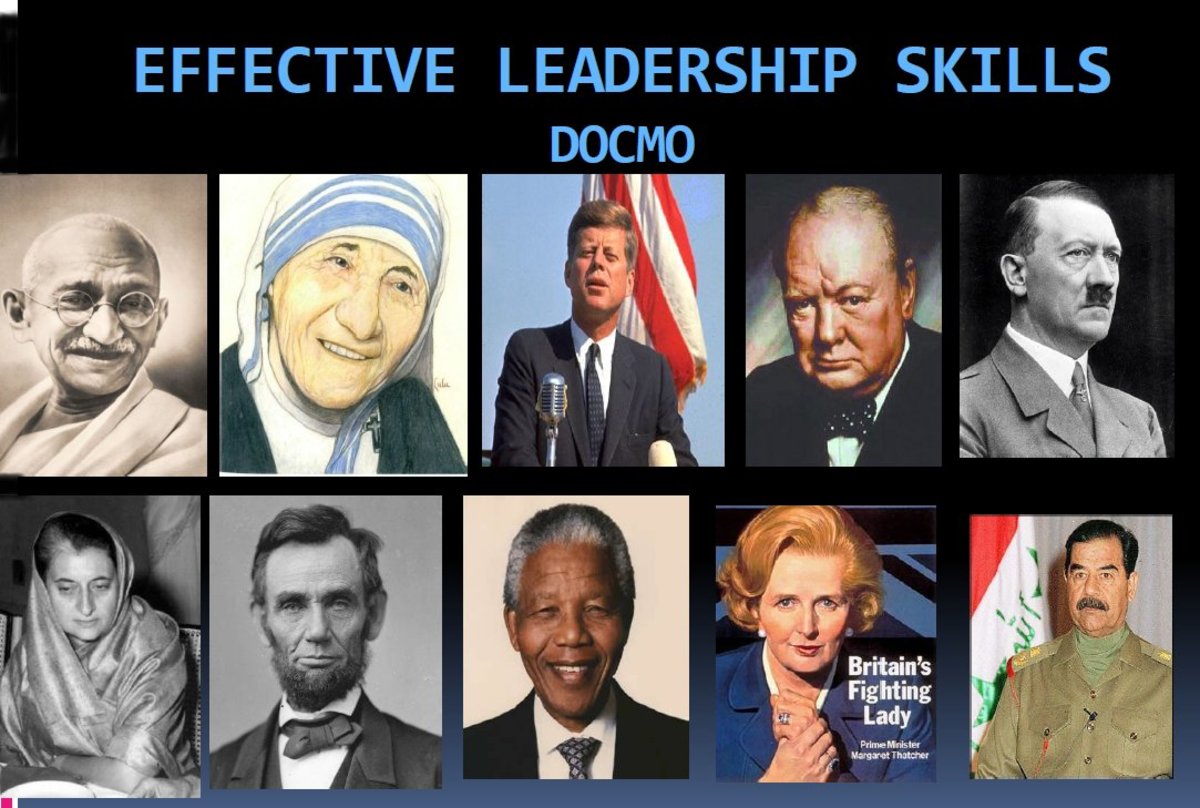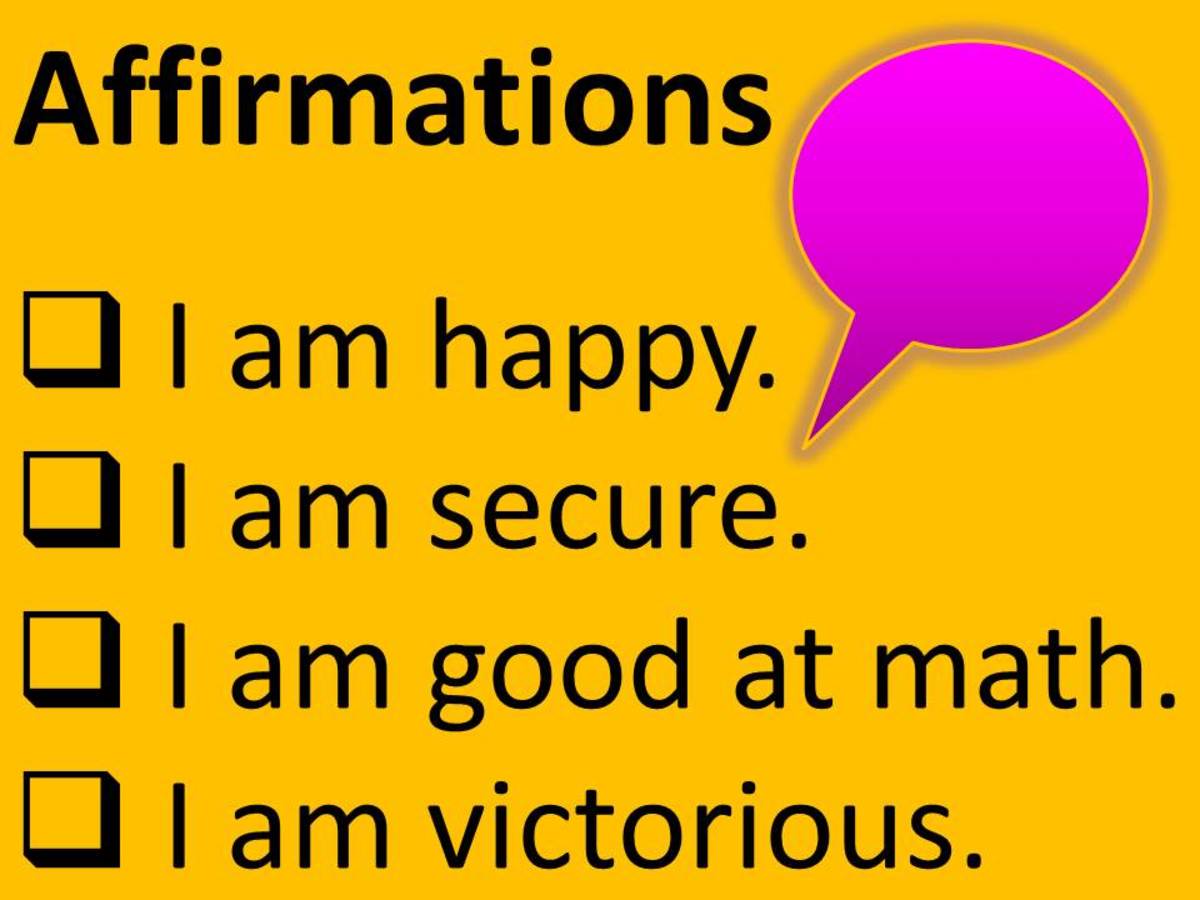Why Employers need to Train in Interview Techniques
Eliminate Bad Hires
There is a vast amount of data and information on interview techniques for candidates but little for interviewers. Have you ever stopped to wonder 'Why is that?' Seems it would be just as critical for a company to know how to get the information from the candidate as it is for a candidate to make sure they present their qualifications clearly. Don't companies want top people working for them? Why wouldn't a company, who entrusts the hiring of employees, train that manager on interview techniques? I generally does not work that way and in a sense the system is skewed to the candidates.
The problem simply stated is this; in order for the interview process to work properly, both interviewers and candidates must be capable of conducting themselves properly so there is a proper exchange of information between the interviewer and the candidate. Only then can a company and to some extent the candidate can determine if there is a match. Sadly too many managers still hire from their gut. (Side Note; I'm not down on using one's gut but it should be used as a second tier decision criteria like to break ties.)
So here's an overview of interviews for management and some tips on how to conduct an interview.
Interview Techniques

Basics of Interviews
First let's start with some of the basics like the different types of interviews. Here are several of the more popular interview types and a brief description.
Interview Formats
One-on-One This is the standard interview where the candidate sits with an employer or manager and they talk about the candidate
Panel Interview - This is when a team of interviewers simultaneously interview a candidate.
Round Robin Interview - This is a blend of the panel and one on one interview. Instead of a group of interviewers simultaneously interviewing the candidate, the candidate spends time with each member of a team of interviewers.
Types of Interviews
Behavioral Interview - This is an interview technique where the interviewer is trying to place the candidate in a situation and understand how they may react to that situation.
Working Interview - This is an interview where the candidate performs as if they are working at the company. An example of this might be someone who's interviewing to run a piece of equipment and claims to have the skills currently to perform the job. The interviewer may have the person work on the equipment for a short period of time to allow the candidate to demonstrate their skills.

How to Conduct an Interview as an Employer
A huge cause of bad hires
is interviewers using their gut instinct to make a decision. The root
cause of this problem is that nobody trains interviewers how to conduct
an interview. It seems that if you are a professional in charge of
people you automatically should know how to conduct an interview. This
is simply not true.
The first thing an interviewer needs is training in interview techniques.
These skills include how to ask good interview questions, how to listen
for the right answers and how to follow up to drill down and follow up
on answers given by candidates.
Remember these days there is a
great deal of training for candidates on how to succeed at an
interview. Interviewers need to be equally prepared.
The next
thing an interviewer needs to do is maintain control of the interview.
This means they need to be asking 80% of the questions and let the
candidate do the 80% of the talking. The only way to learn about a candidate is to
get them to talk. Don't let a candidate turn the tables and ask all the
questions. This is one of the most critical interview techniques that must be learned.
Finally an interviewer must have a system for
recording and rating the candidates. This is a must especially if there
are multiple candidates interviewing for the same position. Without
notes and a rating system, an interview can rely more heavily on their
gut feel or how likable the candidate was in the interview process.
Summary
1) Too many companies do not train managers how to properly interview
2) Many candidates get training on how to interview
3) This causes an imbalance in the skills of interviewing and leads to incomplete decision making
4) Too many interviewers end up relying on 'gut feeling' to make hiring decisions.
5) The solution is giving managers the tools to better interview.
So sharpen your interview techniques for better selection of candidates and ultimately better performing employees.
Resources for Employers
- How to Develop Successful Recruitment Strategies and Methods
With a tough economy defining your recruitment strategies and methods will result better hires in less time. Why? Because you are following a plan. The investment in time and effort put into defining your... - Screening Candidates
In a slow job market, anyone who posts a job opening these days is sure to get swamped with resumes. So how do your sort them to find the top 3-4 candidates without spending weeks reading each of them? ... - Hiring Checklist
The Hiring Checklist Imagine having so many good candidates that it is difficult to decide which on to hire. Sounds great but now a days it is complicated by the fact that in a lean economy it is more... - Why Employers Need to Learn How to Conduct an Interview
Learn how to conduct an interview If employers learn how to conduct an interview, the impact on their organizations will go far beyond what they invest. Better hiring decisions, better employees. ... - Top 3 Benefit of an Interview Evaluation Form
Example of Interview Evaluation form and benefits of using one.








